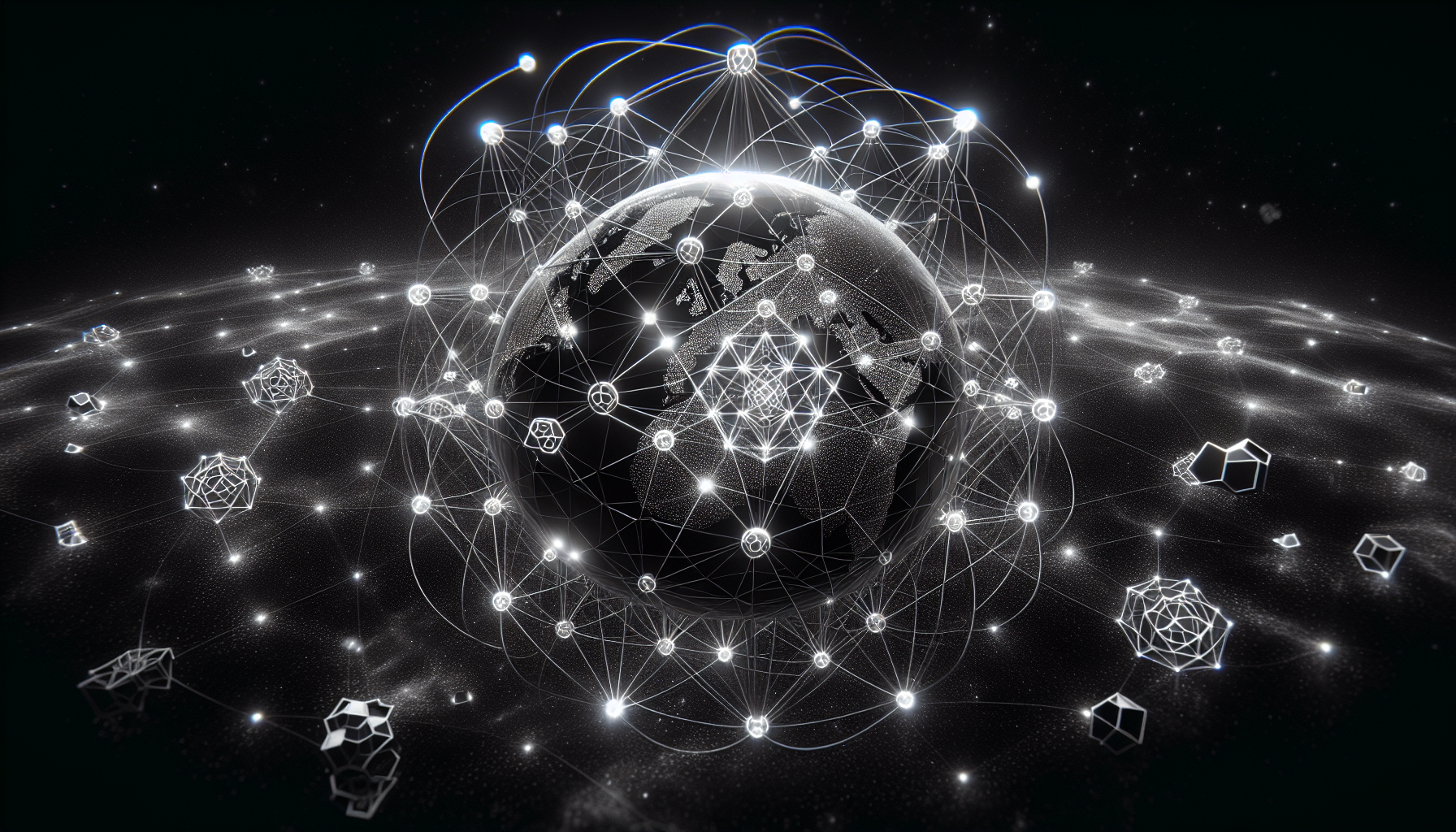The Future of Data Security Just Took a Quantum Leap
Imagine a world where your most sensitive data-bank details, medical records, even national secrets-could travel across the globe without fear of being hacked. Thanks to a groundbreaking experiment by researchers at the University of Chicago, that future just got a lot closer.
On April 25, 2025, the team announced they had successfully distributed stable quantum entanglement over a 100-kilometer fiber-optic network. Not only did they achieve this over a metropolitan-scale distance, but they also maintained a record-breaking 98% fidelity rate. In simple terms, they kept the quantum connection almost perfectly intact over a distance that could span an entire city and beyond.
What Makes This Breakthrough So Important?
Traditional encryption methods, no matter how sophisticated, are ultimately vulnerable. Quantum computers, once fully realized, could crack today's encryption in minutes. Quantum networking, however, flips the script. It uses the laws of physics-not just complex math-to secure data. If anyone tries to intercept a quantum-encrypted message, the very act of eavesdropping would disturb the system and reveal the intrusion instantly.
This is made possible through a phenomenon called quantum entanglement. When two particles are entangled, their states are linked, no matter how far apart they are. Change one, and the other changes instantly. It's like having a secret handshake that works across continents, and if anyone else tries to join in, you know immediately.
How They Did It: The Role of Quantum Repeaters
One of the biggest challenges in quantum networking has been distance. Quantum signals degrade quickly over fiber-optic cables. To overcome this, the Chicago team used advanced quantum repeaters. Think of them as pit stops for quantum information, carefully boosting the signal without disturbing its delicate quantum state.
By strategically placing these repeaters, the researchers managed to maintain entanglement over 100 kilometers-a feat that was previously thought to be years away. They also achieved a secure data transmission rate of 100,000 encrypted bits per second, fast enough for real-time applications like video calls or financial transactions.
Why This Matters for Cybersecurity
The global cybersecurity market was valued at $217 billion in 2024, and it's only growing. Yet, every new security system eventually faces new threats. Quantum networking offers a fundamentally different approach: security rooted in the unbreakable laws of quantum mechanics.
Proponents believe this could render many current hacking methods obsolete. Financial institutions, healthcare providers, and even governments could one day rely on quantum networks to protect critical infrastructure. Imagine a world where ransomware attacks and data breaches are relics of the past.
Not Everyone Is Convinced
Despite the excitement, some experts urge caution. Dr. Michael Torres, a quantum computing specialist at MIT, points out that building a global quantum network is a massive undertaking. The infrastructure costs are high, and technical challenges remain. "The science is impressive," he says, "but we need to temper expectations with realism."
Indeed, while the Chicago experiment is a major milestone, practical, widespread deployment could still be years away. Building a quantum internet will require not just more breakthroughs, but also massive investments and international cooperation.
What's Next?
The University of Chicago team isn't stopping here. They plan to extend their tests to a 200-kilometer network by mid-2026. Their ultimate goal is to integrate quantum networking with existing internet infrastructure, creating a hybrid system that could eventually span the globe.
Meanwhile, other efforts are underway to complement terrestrial quantum networks with satellite-based systems. China's Micius satellite has already demonstrated quantum entanglement over thousands of kilometers in space. Combining these technologies could one day enable a truly global quantum internet.
For now, the Chicago breakthrough stands as a powerful reminder: the future of secure communication may not just be faster or smarter-it may be fundamentally different. And perhaps, in a few short decades, the idea of an unhackable internet will no longer be science fiction, but simply the way things are.
